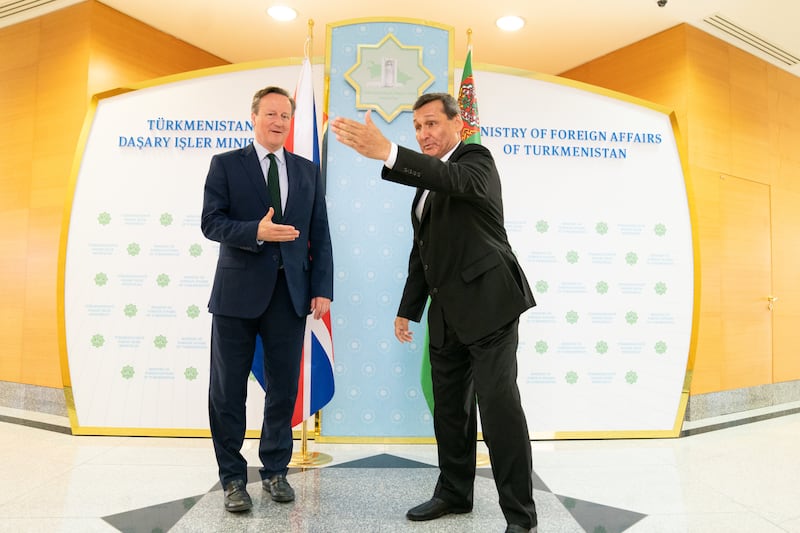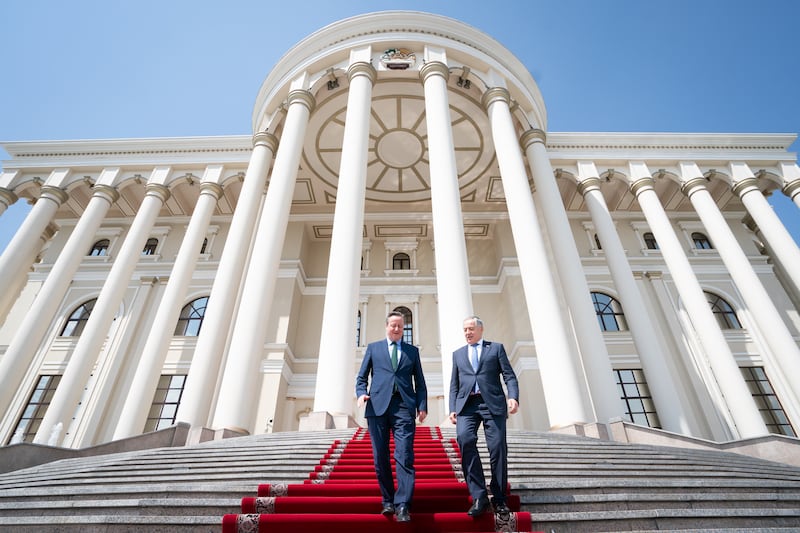The two most senior figures in the British cabinet which instigated the disastrous 2016 EU referendum were prime minister David Cameron and chancellor George Osborne.
Each were firm supporters of the Remain campaign, and confidently expected that the status quo would be maintained, but they ended up presiding over a narrow defeat which has led to catastrophic consequences ever since.
Both departed from office in the aftermath of the shock result, with Mr Cameron effectively disappearing from public life and managing to avoid any substantive discussions about where his strategy went so horrifically wrong.
The interview given to Tuesday’s BBC2 Newsnight programme by Mr Osborne, who is now editor of the London Evening Standard newspaper, was therefore of considerable significance.
Mr Osborne openly acknowledged the errors of judgment which led to Brexit and specifically accepted that serious mistakes were made over the handling of the immigration issue.
He said that official targets which were set during Theresa May’s time as home secretary were entirely unrealistic, and, when they inevitably could not be delivered, were ruthlessly exploited by the Leave side.
Mr Osborne said that the Remain leaders failed to get across the true value of immigration to the UK and only put forward positive arguments about the wider benefits of EU membership when it was too late to make a difference.
What the former chancellor essentially conceded was that the Brexit debate was heavily influenced by false innuendos about immigration which, together with equally misleading claims over new investment in the health service, had a central impact on the outcome.
Vital questions about the single market, the customs union and the potentially astronomical bill for departing from the EU were virtually ignored, and, above all, no guidance was offered on the border crisis which was bound to follow in Ireland after a withdrawal decision.
It further needs to be taken into account that the Vote Leave organisation was referred to police in July after the Electoral Commission ruled that it had broken the law by exceeding its 2016 spending limits.
There is a growing sense that, regardless of the proposals which may emerge from the torturous negotiations with the EU, Brexit is destined to eventually produce the ultimate break-up of the UK.
However, the contradictions and uncertainties associated with the overall process are so profound that an overwhelming case can be made for allowing the final deal to be endorsed through either a general election or the measure openly raised by prominent Leave activists before the last EU poll - a second referendum.







